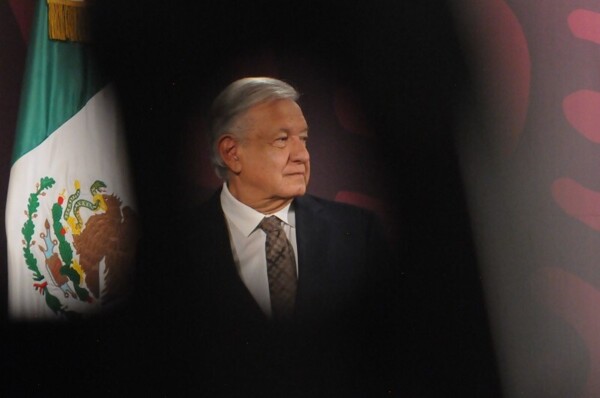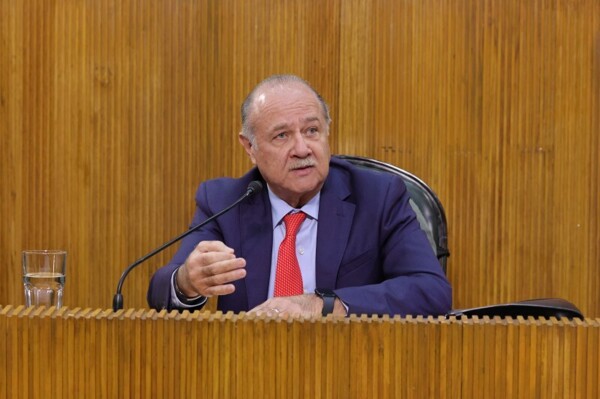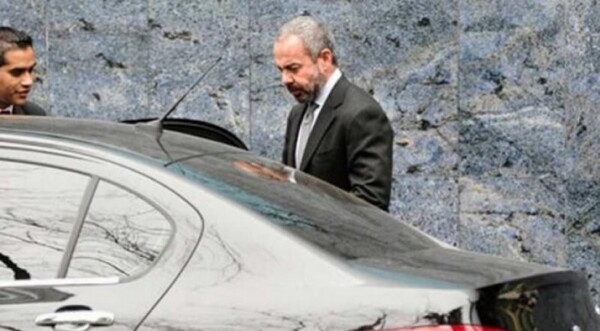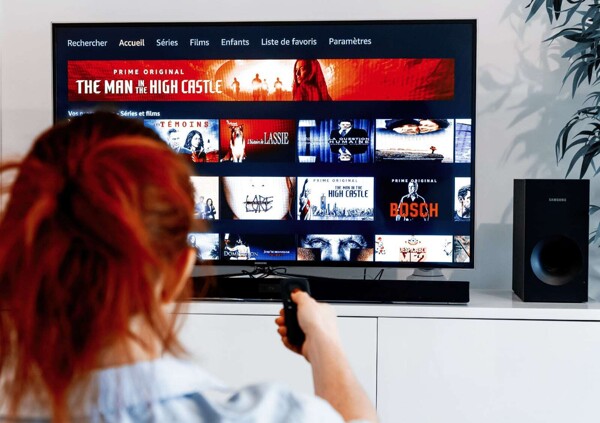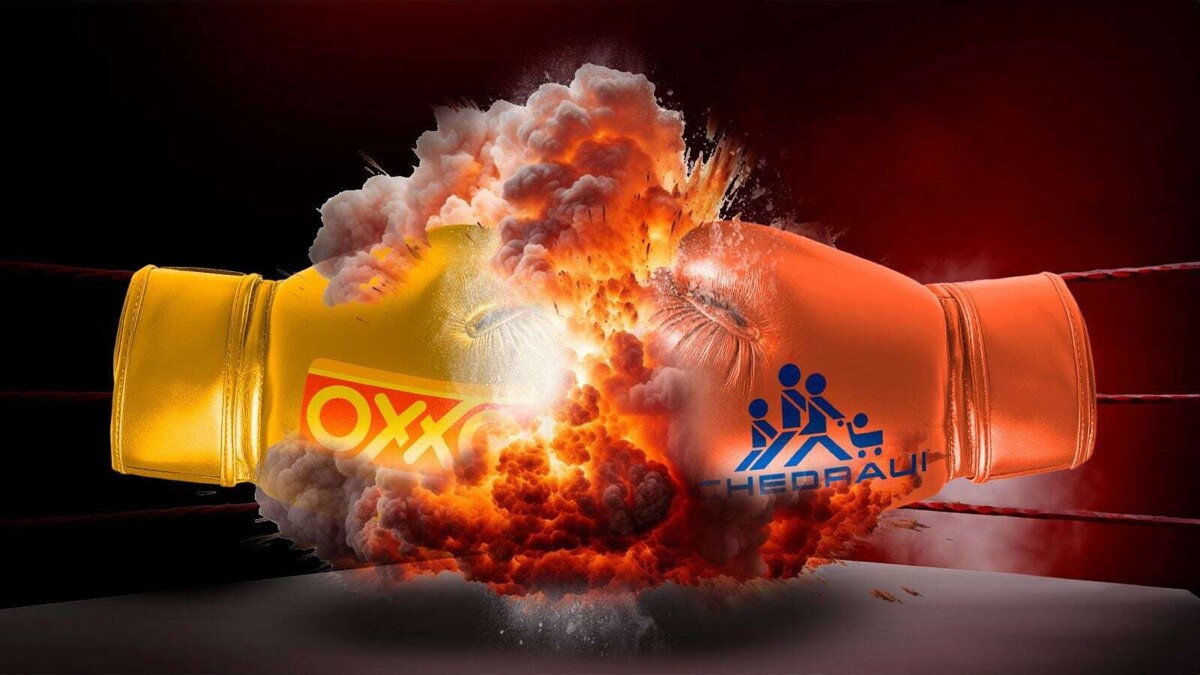
The competition in the low-price mini-supermarket market is on the rise, with more than 3,300 participating establishments. Currently, the leader in number of stores is BBB, with an infrastructure of over 22,000 stores. Grupo Femsa stands out for its size and access to capital, which provides it the opportunity to expand. On the stock market, the company is valued at over 141 billion pesos, almost 50% more than the previous year.
In this context, competitors like OXXO and Chedraui are entering the scene with their brands Bara and Supercito respectively. Despite the strong presence of these establishments, BBB plans to close the year with more than 400 new stores, reaching a total of approximately 1,500 across the country.
Low-price mini-supermarkets, with stores of around 250 square meters, are multiplying in the country. This format differs from the smaller stores that Femsa opens daily, each with around 100 square meters. Bureaucracy has hindered the expansion plans of some competitors, as in the case of Chedraui.
Grupo Femsa faces Chedraui in the battle to attract customers from lower-income neighborhoods, taking advantage of remittances and cards from Banco del Bienestar. Despite the competition, Bara has managed to outperform other sector participants in sales over the last six quarters, marking exceptional performance.
José Antonio Fernández Garza Lagüera from Femsa is excited about Bara's achievements and is preparing to face new challenges in the market. For his part, Jose Antonio Chedraui Eguia from Chedraui has ambitious plans to expand the Supercitos brand and hopes to reach around 200 stores by 2024.
As the competition intensifies, both Femsa and Chedraui are investing in their growth and discount strategies to attract consumers. The mini-supermarket market is anticipated to be a battleground where each company seeks to consolidate itself and increase its market share.











